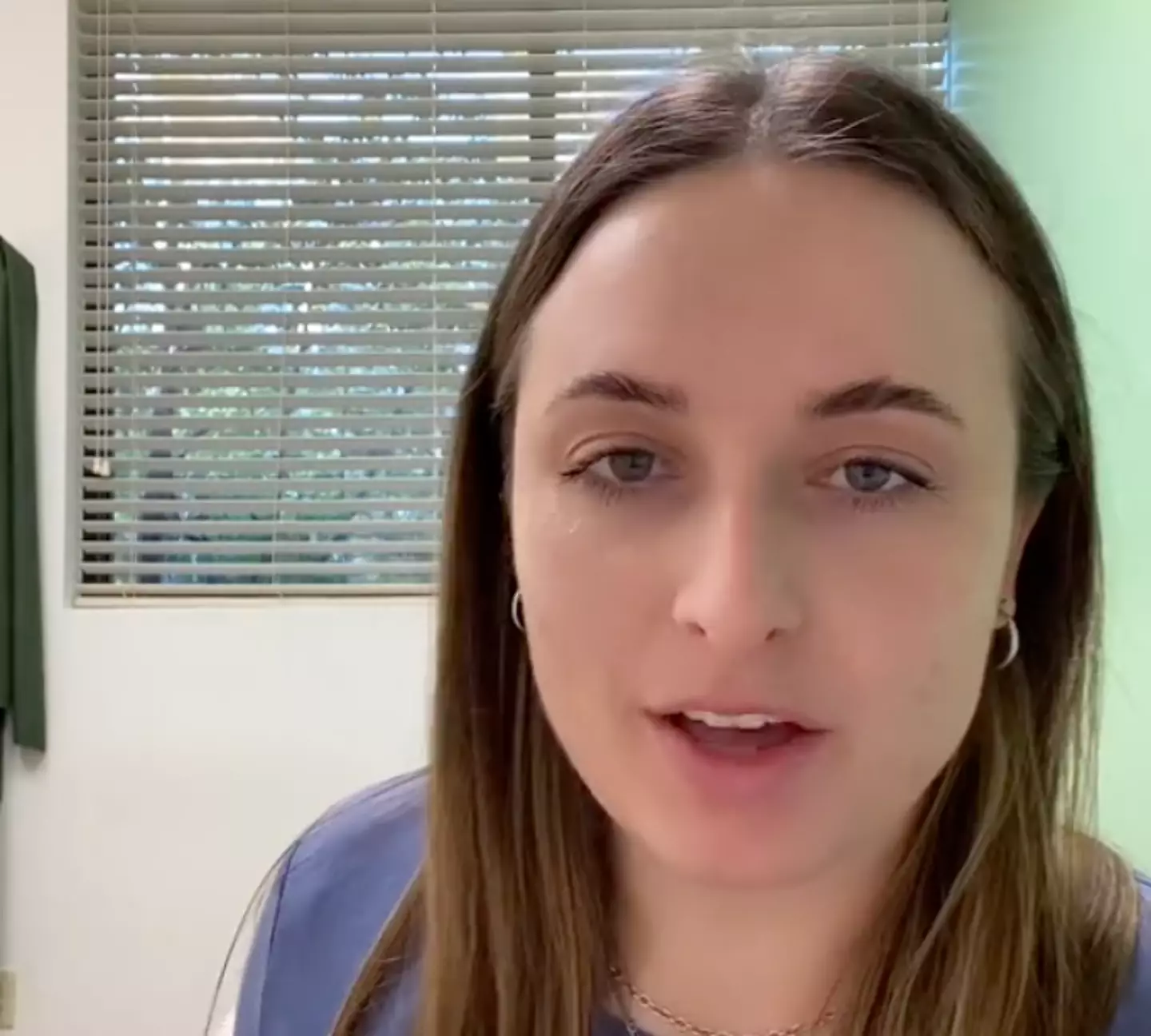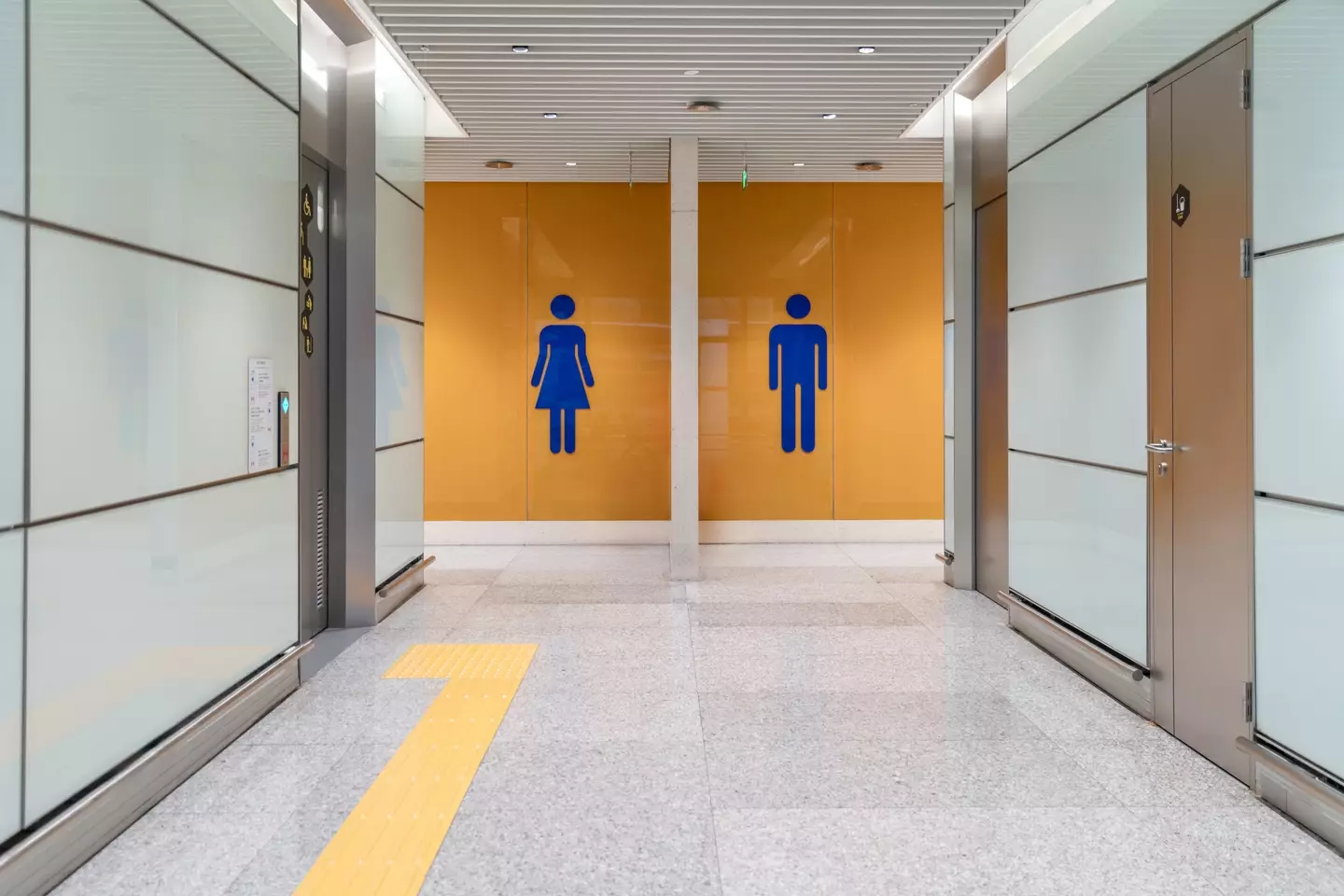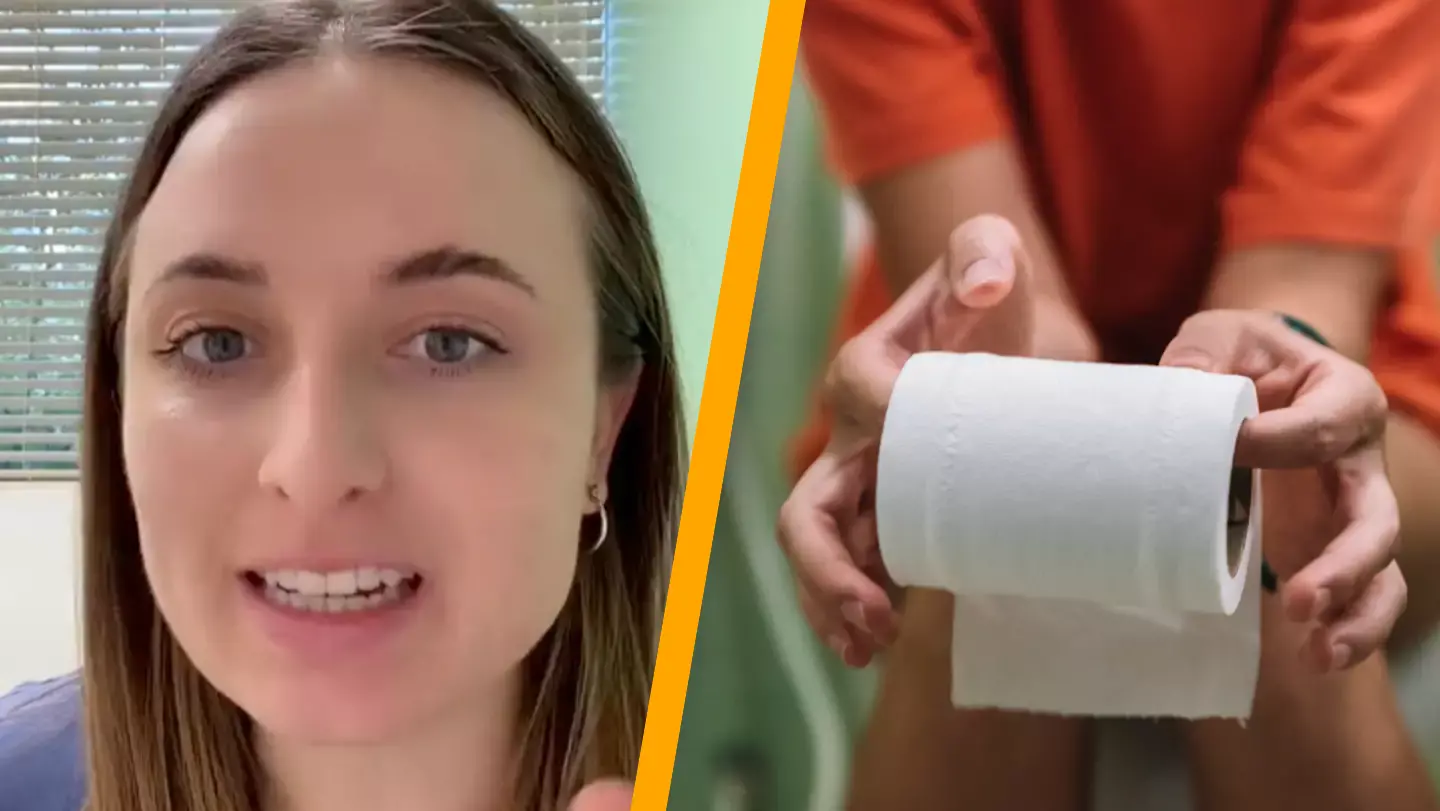A medical professional and TikTok personality has shed light on why urinating ‘just in case’ before a long journey might not be the best practice.
“Right, do you need to pee before we go?”
This phrase is familiar from childhood, often preventing bathroom requests shortly after starting a trip. However, it could have led to a habit many have maintained into adulthood.

Many of us dash to the toilet one last time before leaving, particularly if the next facility is uncertain, but Rachel Peck, a Pelvic Health Physical Therapist known online as ‘Dr. Rachel the Pelvic PT’, has highlighted potential drawbacks of this behavior.
In a TikTok video aimed at ‘All y’all who are always looking for a bathroom’, Peck detailed the effects on your bladder from frequent ‘just in case’ urination.
“I see this a lot with some of my patients who have increased urgency and frequency and sometimes leakage,” she remarked, explaining that it occurs because ‘normally, the bladder fills at a certain rate and once we get to a certain point, we’ll get the first urge to go and we usually ignore that urge’.

“It’s just letting us know that it’s filling up,” she explained.
We generally overlook these signals until the bladder is full. However, habitual ‘just in case’ peeing trains the bladder to alert us with stronger urges earlier than necessary.
“That kind of tricks your brain into believing that you’re more full than you actually are,” Peck clarified.
Consequently, your bladder’s capacity to store urine is diminished.
https://www.tiktok.com/@username/video/7348483209845329195
Overall, it’s best to rely on your bladder’s natural signals for when to urinate. Peck did acknowledge certain situations where a ‘just in case’ pee is justified.
“That would be once right before bed, right before a really long car trip, maybe right before you go into a movie theatre, things like that, where it is appropriate once in a while. If you’re in the habit of doing it all the time, that’s when it can become a problem.”
Dr. Peck’s guidance is supported by Aeroflow Urology, which advises that ‘the proper way to pee’ involves responding to natural urges and avoiding urination ‘before you actually need to’.

